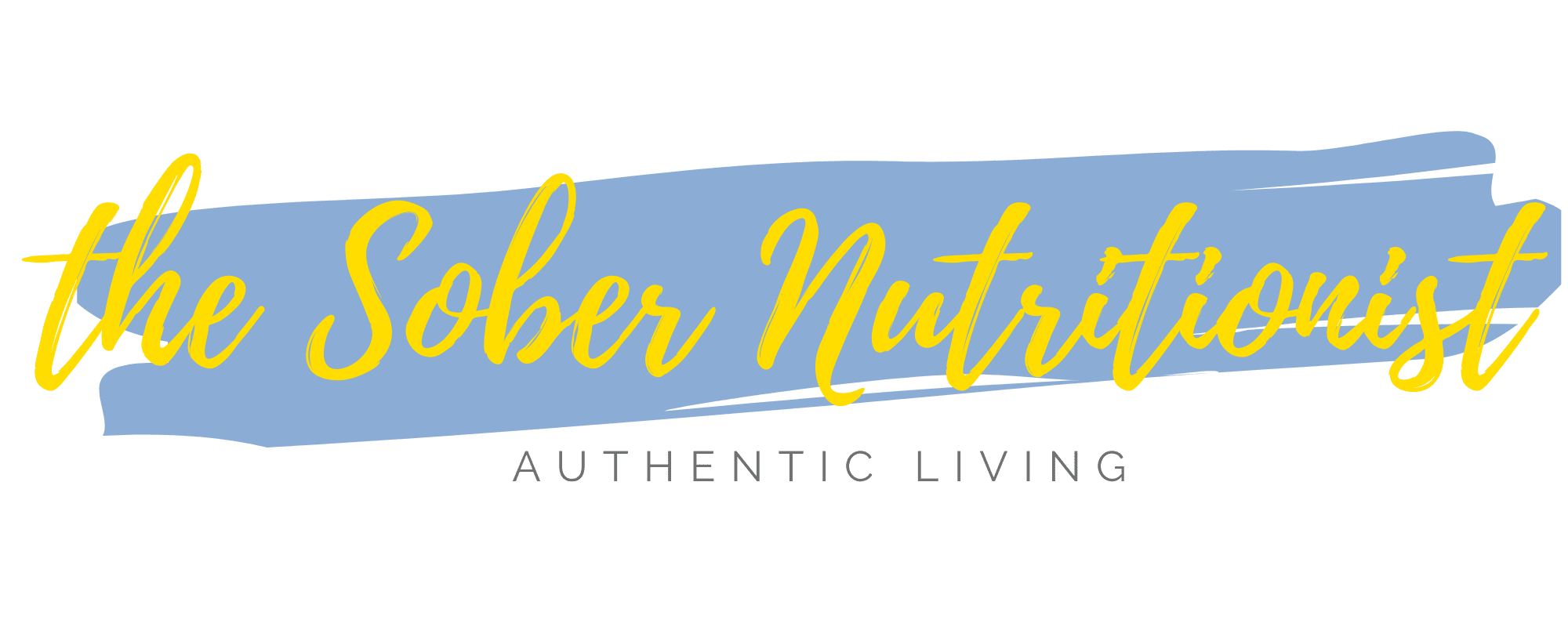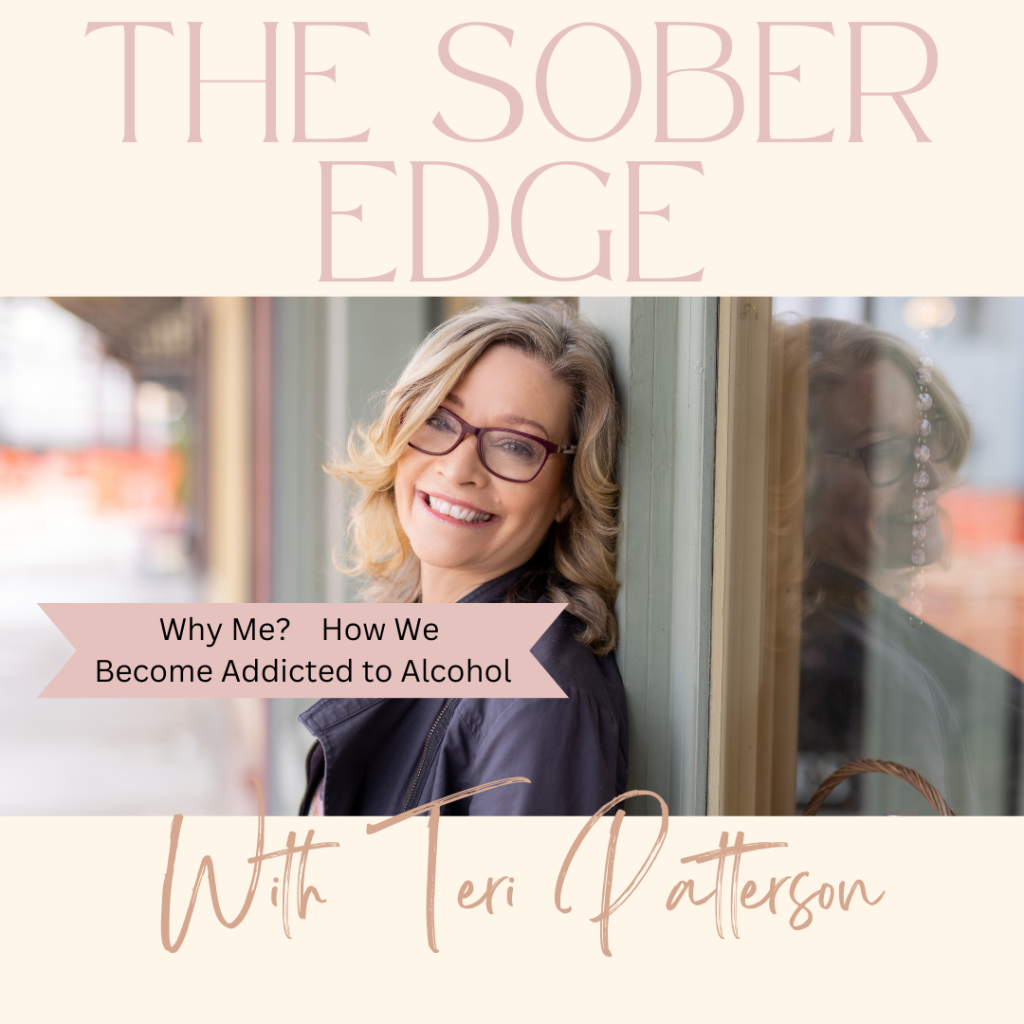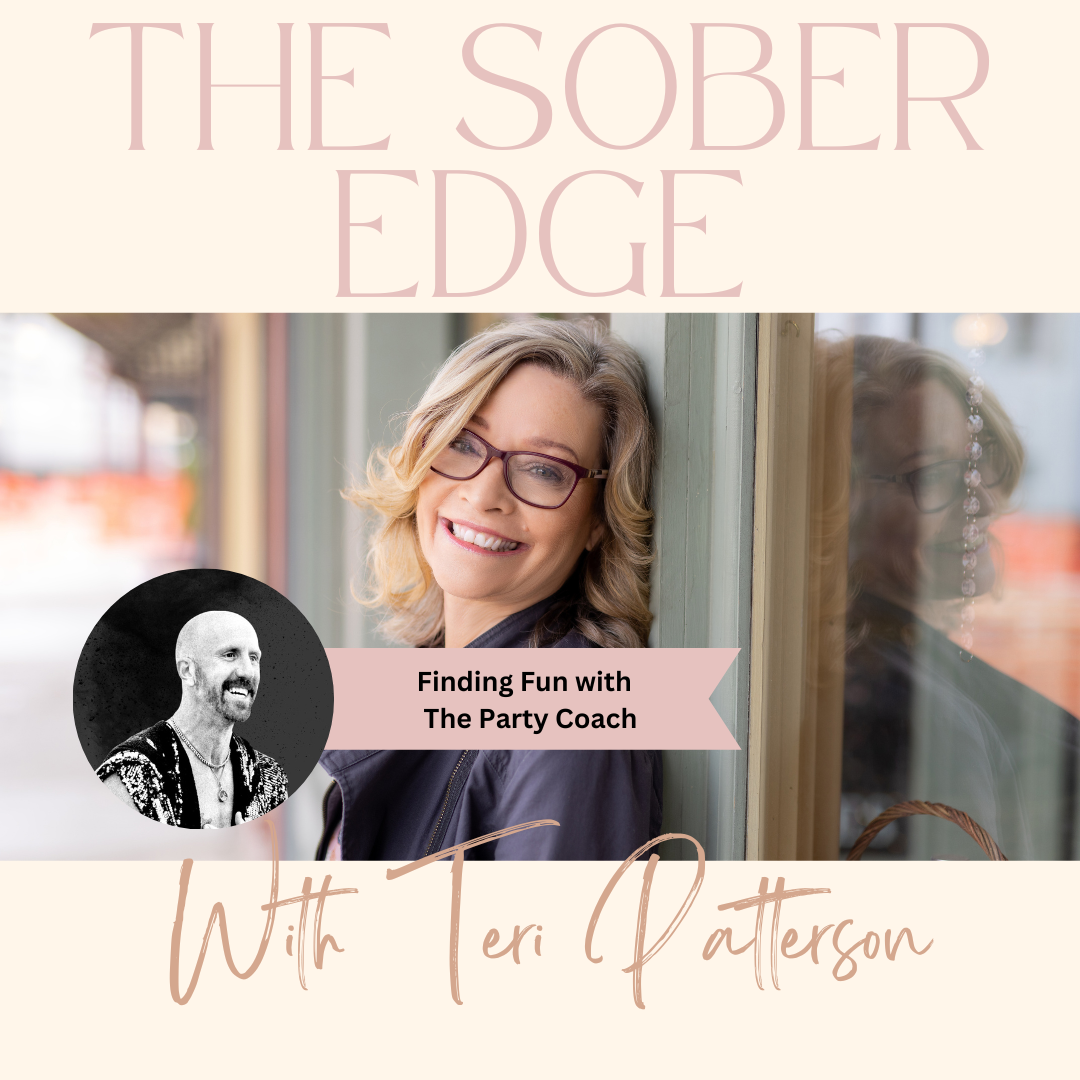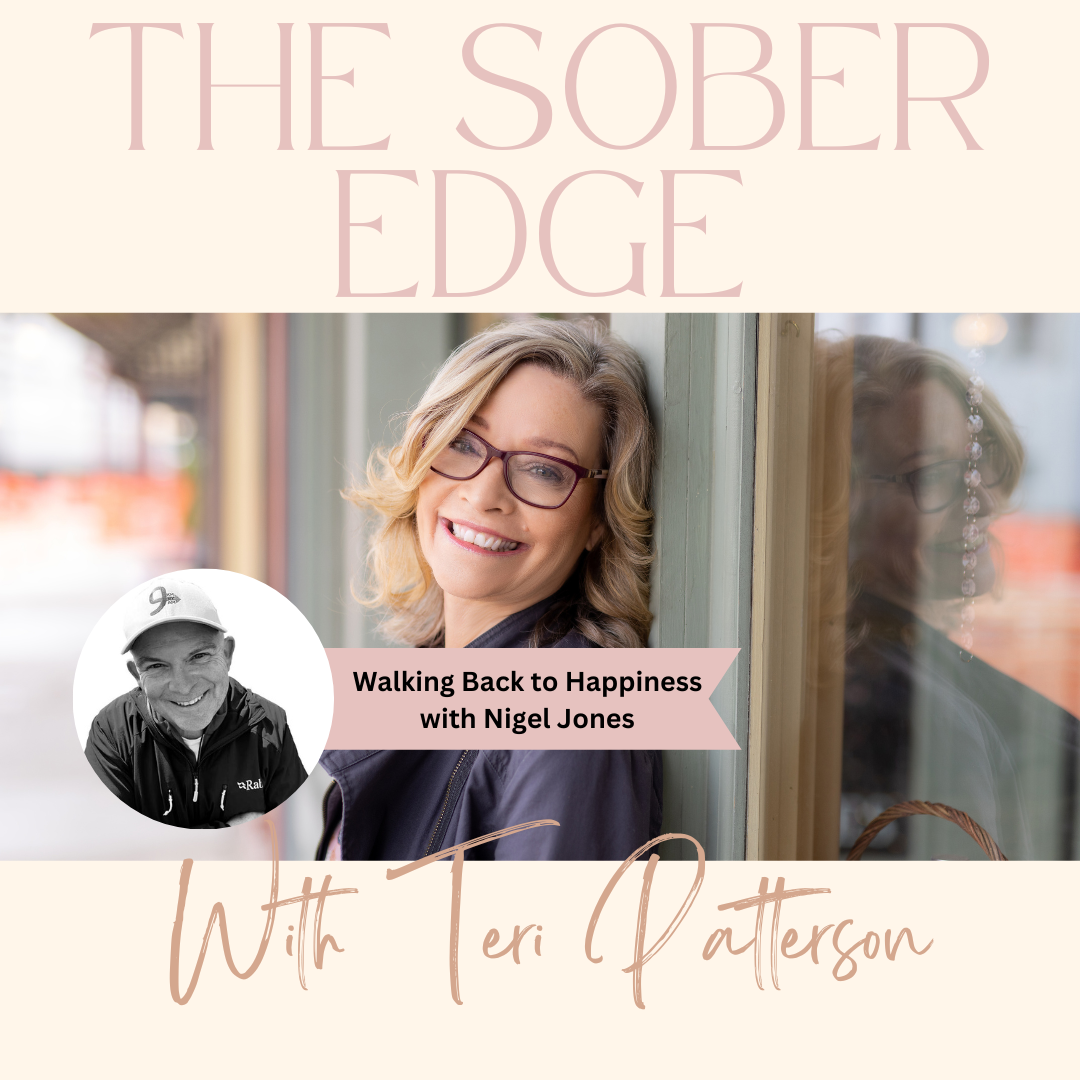Many of us struggle with the shame we feel about becoming addicted to alcohol.
We can intellectually understand that alcohol is addictive, but we often feel that we should ‘know better’ or “it could never happen to me”.
Because this belief is so common, it can keep us from sharing our challenges with those around us. This means we end up hiding our drinking or downplaying the impact it’s having on our lives.
In my recent studies at Stanford University, where I completed a certificate in the Psychology of Addiction, Dr. Anna Lempke shared the reasons behind why people become addicted to alcohol (and other drugs).
In this episode of The Sober Edge podcast I break down what we know about genetics, the impact of our family of origin and the role that our neighborhood or culture plays in our risk factors for addiction.
Here are some of the highlights:
- The role of nature, nurture, neighborhood
- How advertisers use our emotional brain to trigger desires to drink
- Why we need to pay attention to dopamine when we are drinking and when we stop drinking
- The good news about alcohol addiction
I hope this information will help you to understand more about the chemical impact of alcohol on our brains and why it’s not your fault that you were or are addicted to alcohol. This is a human condition caused by substance use. My hope is that, with more understanding, we can create more compassion and more conversations to address the real root of AUD (alcohol use disorder).










